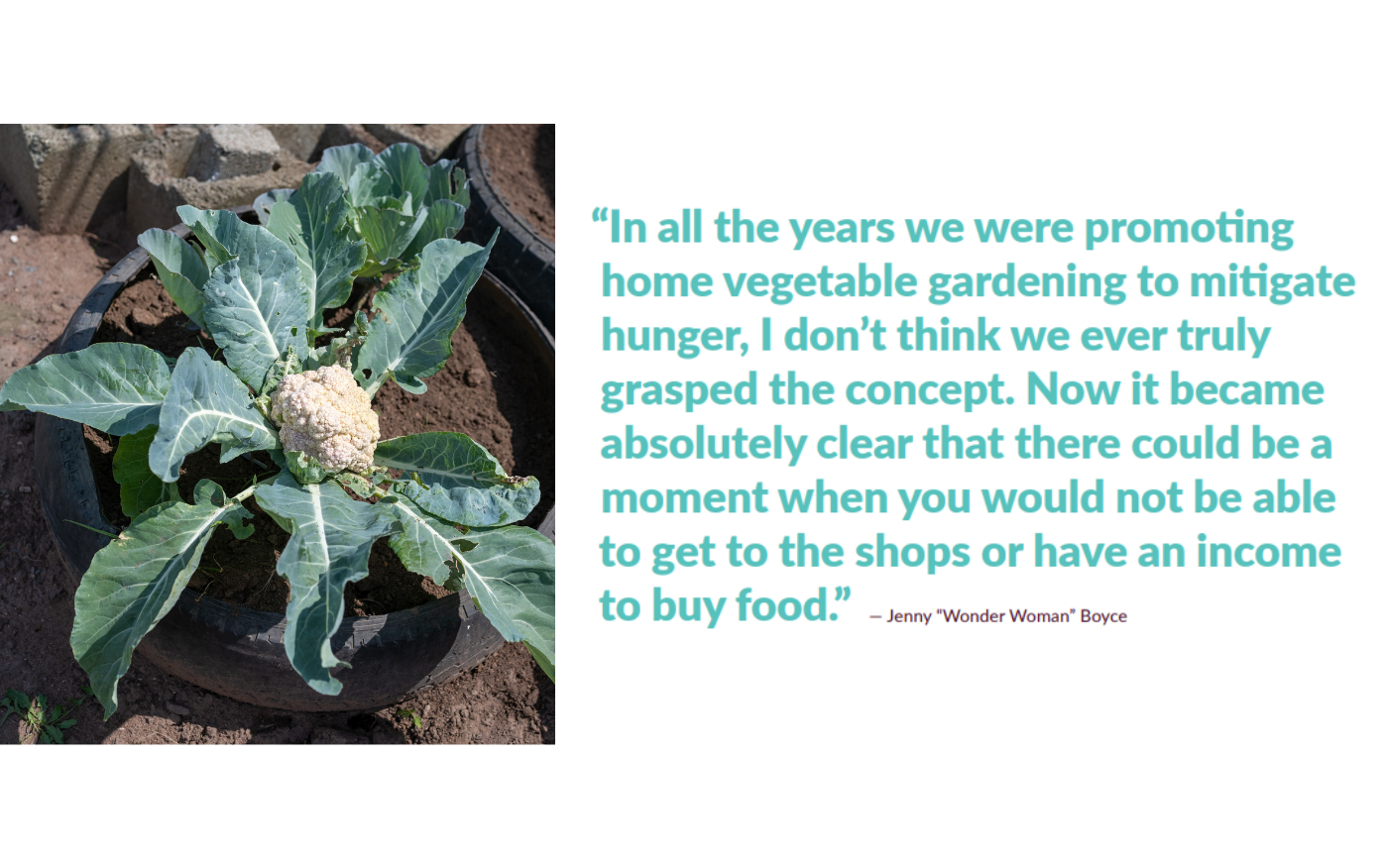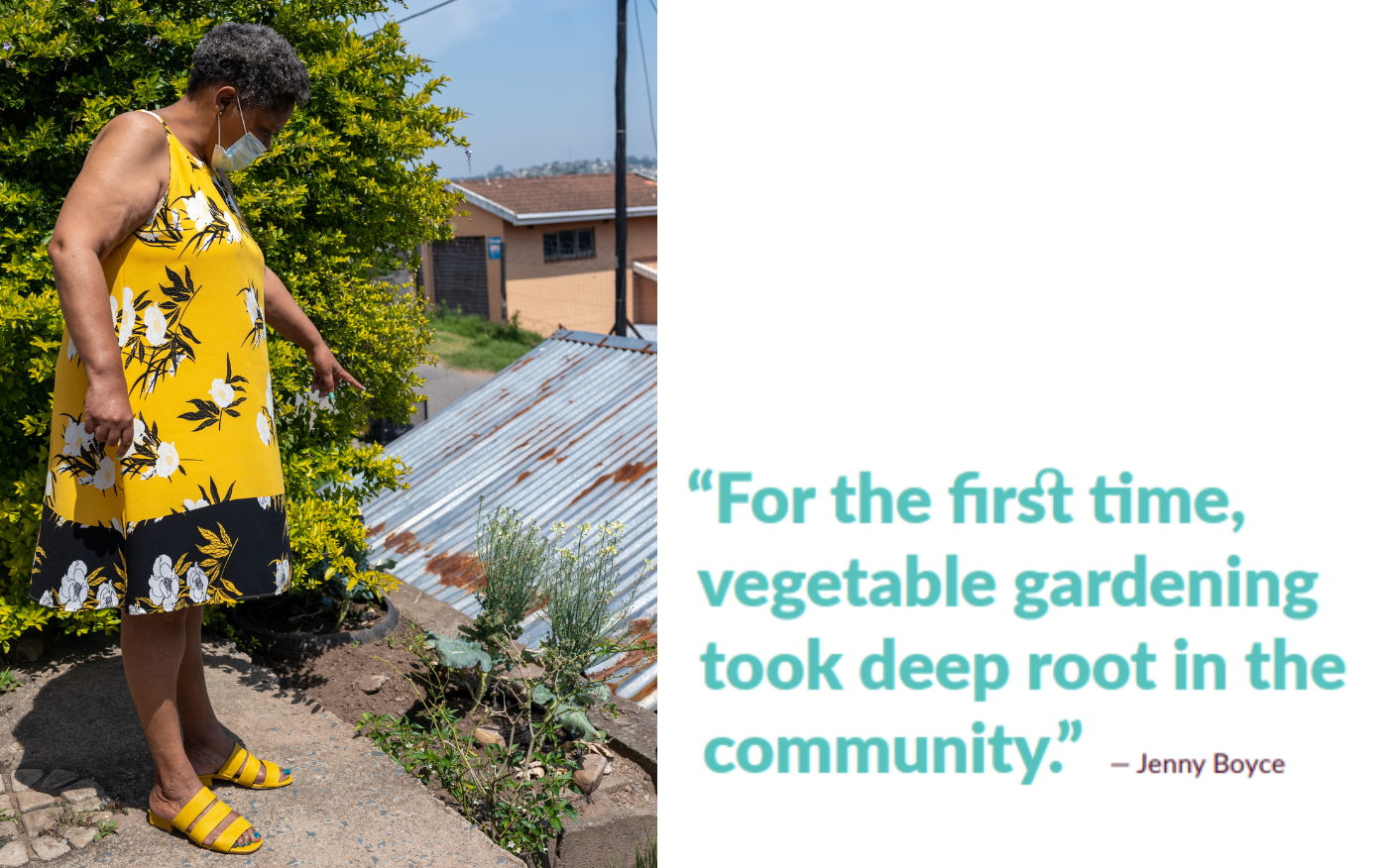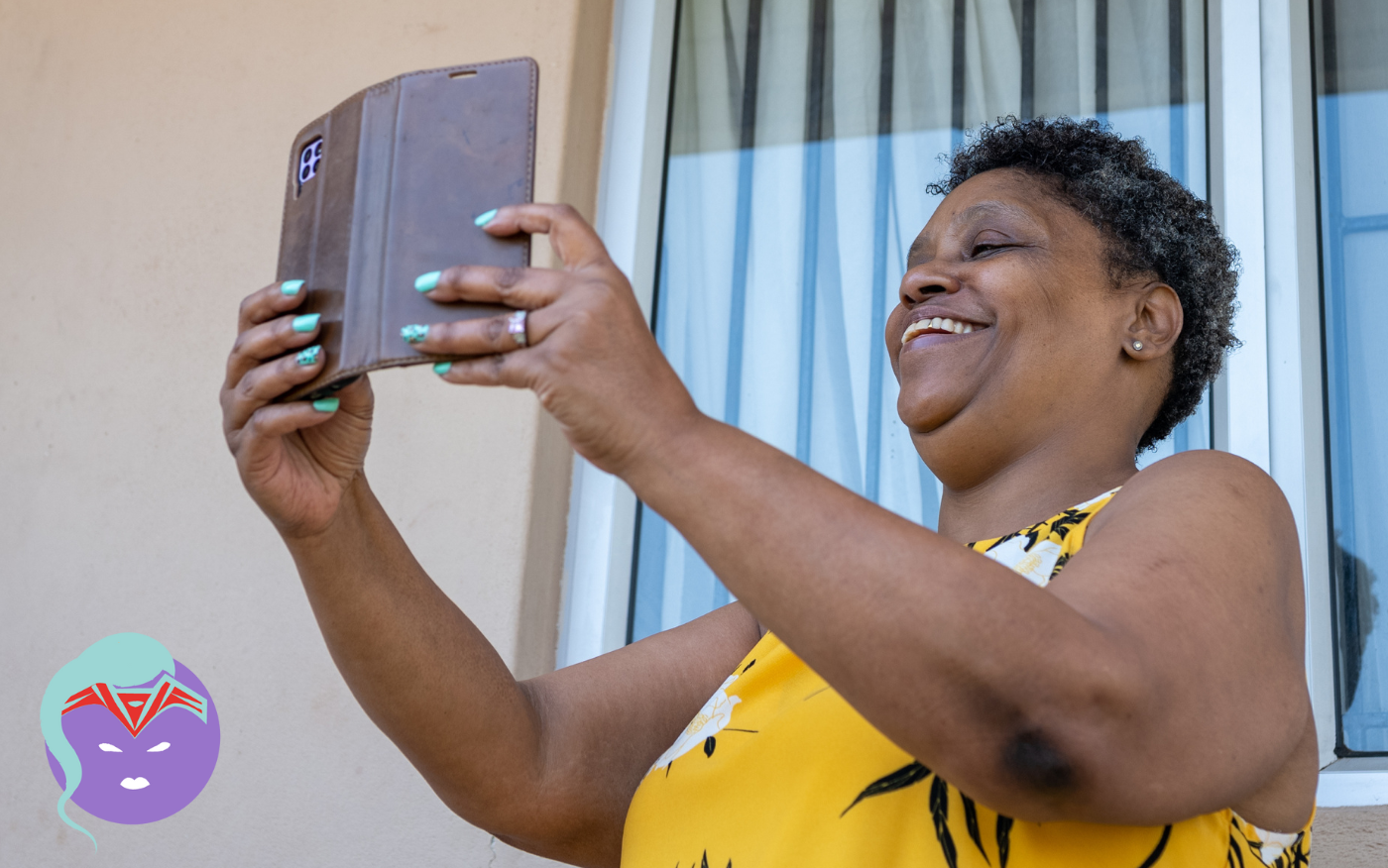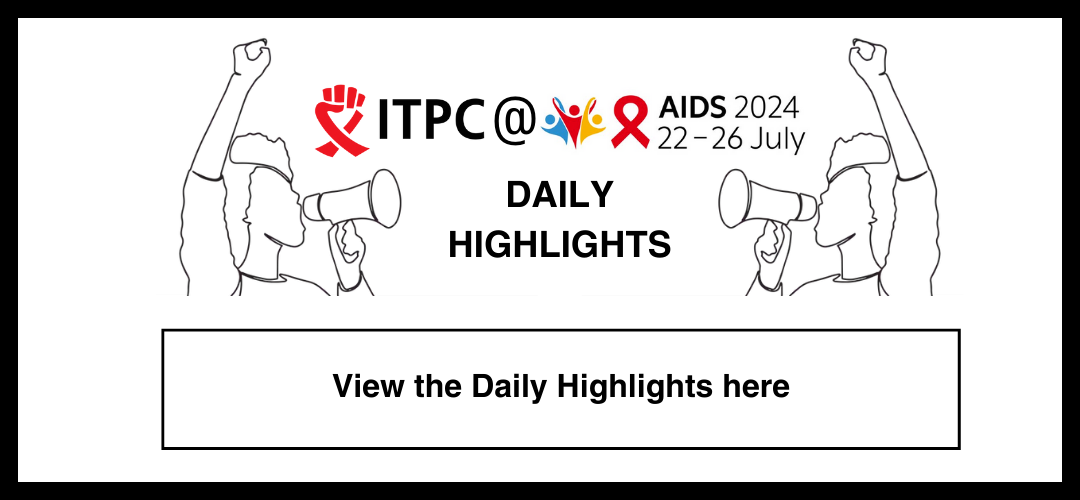Real Lives, Real Solutions
Our GAN continued responding to the COVID-19 pandemic in 2021. One way it did this was through the Life Maps part of our Citizen Science project.
Meet Life Mapper Jenny Boyce, from Mariannridge in KwaZulu-Natal, South Africa. In the project, she’s known as Wonder Woman, and this community champion and HIV activist more than lives up to her name.
Jenny’s Story
I could be described as somebody who is growing old with HIV. I have been on treatment for the last 18 years. I was diagnosed during a random blood test for life insurance during the height of AIDS denialism before antiretroviral treatment was available in South Africa; at that point, my journey with HIV began.
My first reaction to COVID-19 was terror because I remember the fear and stigma of the early days of AIDS. I was stuck to the TV, watching the numbers grow exponentially. This disease was moving with people, as AIDS did.
I didn’t leave the house. I was locked up and terrified by things like grocery shopping or getting into a taxi to get medication. I’m also a TB survivor with diabetes and hypertension. It was harsh. It was confusing.
 ITPC Life Maps assignments created spaces for me to reflect and process what was happening. I was able to help amplify the voice of ordinary people on what healthcare should look like; amplify solutions that come from real people inside communities the system is meant to serve.
ITPC Life Maps assignments created spaces for me to reflect and process what was happening. I was able to help amplify the voice of ordinary people on what healthcare should look like; amplify solutions that come from real people inside communities the system is meant to serve.
I’ve been a community activist since the days of apartheid, and I’ve always worked for the upliftment of my community. As my work transitioned from political activism to social and health advocacy, I promoted food security in my community. I had a little vegetable patch of my own, more as a hobby than to supplement my own nutrition or improve my mental health. That changed during the COVID-19 lockdown; I needed to do something to take my mind off everything and I couldn’t easily get to the shops for fresh produce. I started thinking about planting food.
My son made boxes for me to plant in. There was not much we could do except get seedlings delivered. But they grew. People around me started planting too, and I became absorbed in the project.

In all the years we were promoting home vegetable gardening to mitigate hunger, I don’t think we ever truly grasped the concept. Now it became absolutely clear that there could be a moment when you would not be able to get to the shops or have an income to buy food. For the first time, vegetable gardening took deep root in the community.
People started sharing. I always have a beautiful yield of brinjals (eggplants). An elderly man said, I have enough chilies to last the whole winter. So, we shared. A group of retired women are now selling their excess spinach and chilies. Health outcomes and the level of nutrition in my community have improved. And the value of fresh vegetables has shifted beyond food to a means of bringing communities together.
As an activist in my community, I always choose the side of the poor because I believe that justice belongs to all irrespective of their situation, identity, class or income. I am extremely proud of how my community banded together and stood strong in the face of COVID-19.

